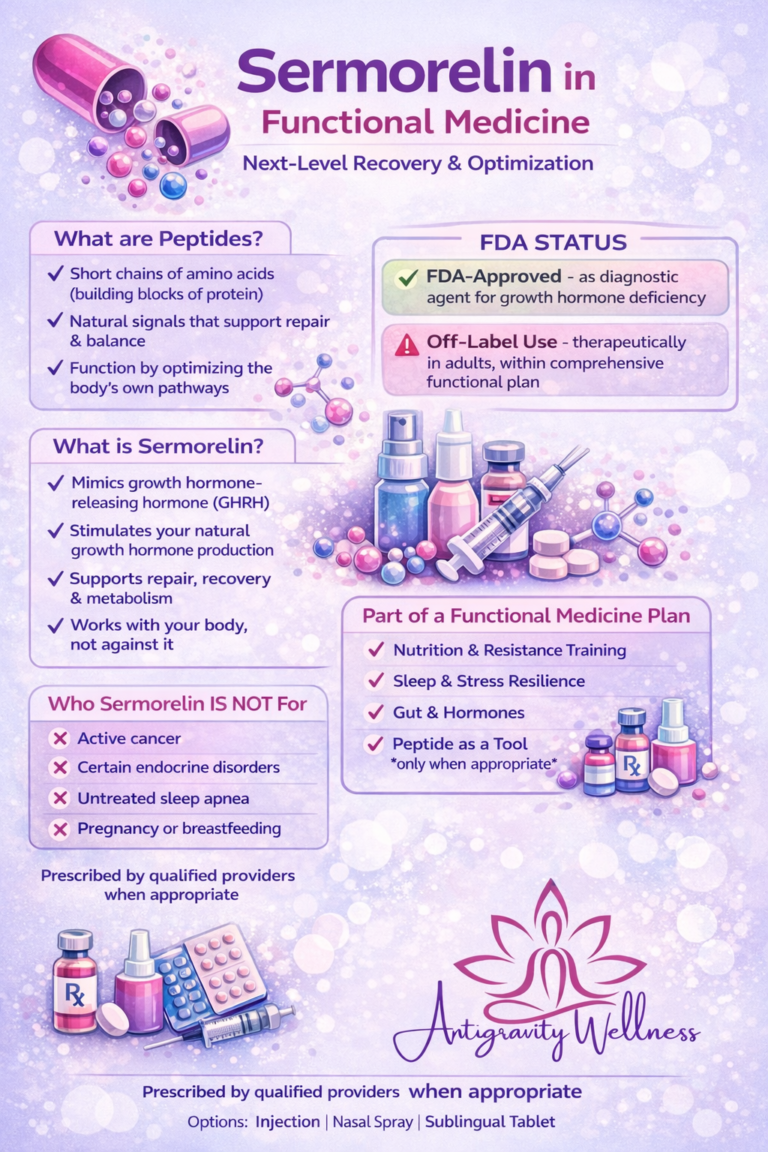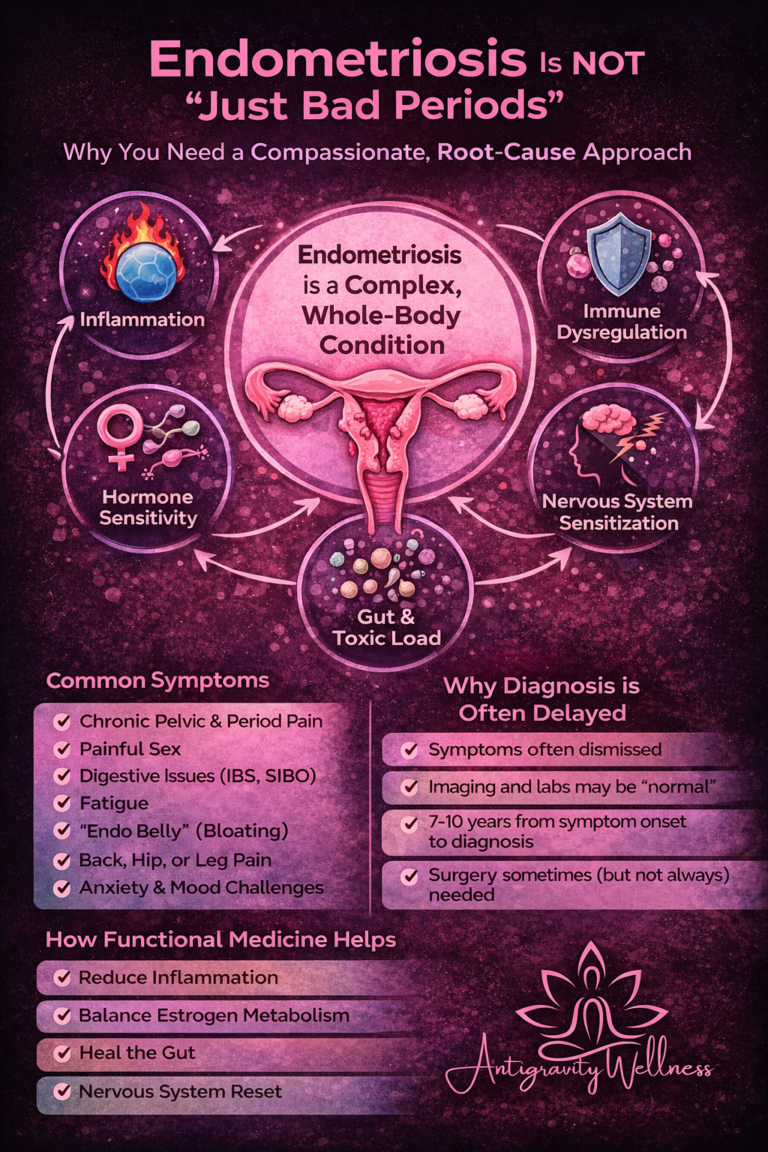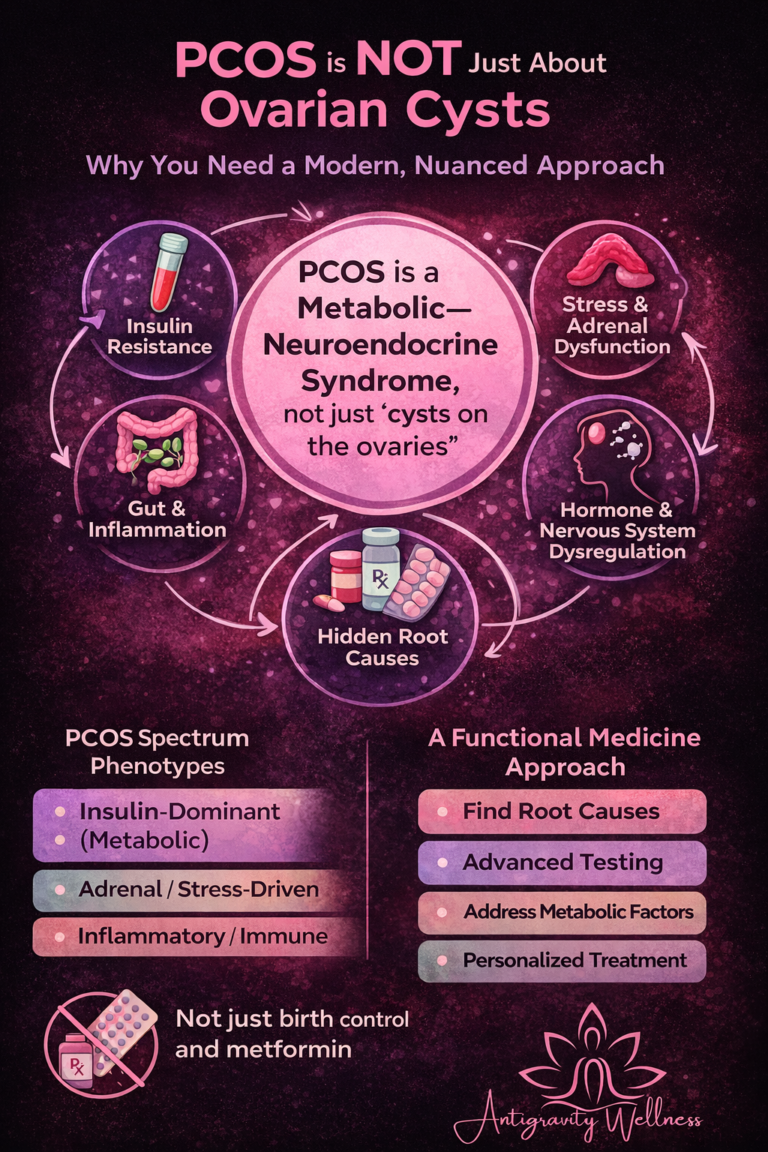
🍫 The Story: Why I Used to Dread Halloween Week
I love Halloween — the costumes, the parties, the pumpkin everything. But for years, this time of year was my personal sugar battlefield.
I’d grab “just one” mini candy bar… then another. And another. Before I knew it, my energy would crash, I’d feel irritable, and the scale would jump overnight.
Sound familiar?
Here’s the truth: this isn’t about willpower. It’s biology.
Sugar literally hijacks your hormones — and once you understand how, you can finally get off that rollercoaster without missing out on the fun.
🧬 The Science: How Sugar Impacts Your Hormones
Sugar isn’t evil — it’s fuel. But when it dominates your diet (like it tends to around the holidays), it can wreak havoc on your endocrine system.
Here’s what happens inside your body:
1️⃣ Insulin Spikes and Crashes
When you eat sugar, your blood glucose rises — and your body releases insulin to bring it back down. Too much sugar, too often, leads to insulin resistance — meaning your cells stop responding properly.
This sets off a cascade: your body stores more fat (especially in the belly), inflammation rises, and energy plummets.
2️⃣ Cortisol Goes Haywire
Cortisol, your main stress hormone, spikes when blood sugar crashes. That’s why you feel “hangry” or anxious after eating sweets — your body is literally in stress mode, even if you’re sitting still.
3️⃣ Estrogen and Progesterone Lose Balance
High insulin levels tell your ovaries to make more androgens (male hormones) and suppress progesterone.
Low progesterone + high estrogen = PMS, bloating, mood swings, and irregular cycles.
4️⃣ Postmenopause: The Double Whammy
After menopause, lower estrogen means less protection against insulin resistance — so sugar hits harder. It leads to more belly fat, fatigue, and cravings even if you’re eating the same as before.
💬 “You’re not addicted to sugar — your hormones are out of sync with it.”
😴 The Hidden Ways Sugar Affects Energy, Mood, and Sleep
Even small daily sugar spikes can throw off your natural rhythms:
- 🍭 Energy: The rise-and-crash cycle leaves you feeling wired, then wiped out.
- 😡 Mood: Sugar affects serotonin and dopamine, your brain’s feel-good chemicals, leading to irritability and anxiety.
- 💤 Sleep: Eating sugar (especially at night) increases cortisol and adrenaline, making it harder to fall and stay asleep.
Over time, this stress on your body compounds — fueling more inflammation, fatigue, and hormonal imbalance.
But here’s the good news: your body can recalibrate fast.
🌿 The Reset: How to Balance Hormones After Sugar Overload
You don’t have to quit sugar forever — you just have to rebalance how your body handles it. Here’s how to start:
✅ 1. Eat Protein & Fiber at Every Meal
Protein slows glucose absorption and helps balance blood sugar. Aim for 25–30g per meal (roughly a palm-sized portion). Add fiber-rich foods like veggies, beans, and chia seeds to keep insulin stable.
✅ 2. Hydrate, Hydrate, Hydrate
Sugar pulls water from your cells. Drink half your body weight in ounces daily (a bit more if you’ve been indulging). Add electrolytes if needed.
✅ 3. Move After You Eat
A 10-minute walk after meals helps lower post-meal glucose by as much as 30%. Think of it as your mini hormone reset button.
✅ 4. Manage Stress Intentionally
High stress = high cortisol = high cravings.
Use quick techniques like the physiologic sigh (two short inhales, one long exhale) to calm your nervous system in real time.
✅ 5. Prioritize Sleep
Your hormones reset overnight. Short sleep equals higher ghrelin (hunger hormone) and lower leptin (satiety hormone). Get 7–9 hours to keep your appetite and metabolism balanced.
🧁 Case Study: “Just One Bite” Syndrome
Meet Melissa, 42 — a mom of two who came to me every November saying, “I don’t know what happened — I gained five pounds in October!”
When we looked closer, it wasn’t just the candy — it was what it triggered.
Each sugar rush led to crashes, cravings, and skipped meals, which spiked cortisol and insulin all day long.
We swapped her mid-afternoon sweets for protein + fiber snacks (like almond butter and apple slices), added gentle evening walks, and had her eat a savory breakfast instead of granola or smoothies.
Within two weeks, she said, “I don’t even crave candy anymore.”
Her energy was steady, her mood improved, and she stopped fearing the holidays.
That’s not discipline — that’s hormone alignment.
🩺 How Antigravity Wellness Helps You Go Deeper
At Antigravity Wellness, we don’t just look at symptoms — we find the why.
If sugar cravings, fatigue, or hormonal chaos are part of your story, we can help. Our comprehensive programs for women in Washington and Oregon include:
🧬 Functional lab testing (glucose, insulin, cortisol, thyroid, and sex hormones)
🥗 Nutrition and fitness coaching tailored to your phase of life
💊 Provider-directed treatment plans that address root causes
💻 Telemedicine convenience — real care, from the comfort of your home
We combine medical precision with everyday strategies to help you balance your hormones, stabilize your metabolism, and feel like yourself again.
💡 What to Do Next
🎃 Ready to enjoy Halloween without the hormone chaos?
Comment “SUGAR DETOX” and I’ll send you my free Sugar Detox Guide — your 7-day plan to reset your hormones, balance your blood sugar, and kick cravings naturally.
If you’re ready to take it a step further, take our Readiness Questionnaire to see if Antigravity Wellness is the right fit for you.
From there, we’ll design a customized care plan that helps you regain balance and confidence — from your hormones to your habits.
📚 References
- M D Brown. (2000). Insulin sensitivity in postmenopausal women: independent and combined associations with hormone replacement, cardiovascular fitness, and body composition. https://pubmed.ncbi.nlm.nih.gov/11128342/
- Ludwig DS, et al. (2018). The carbohydrate-insulin model: a physiological perspective on the obesity pandemic. American Journal of Clinical Nutrition, 108(3), 446–462. https://pmc.ncbi.nlm.nih.gov/articles/PMC8634575/
- Kerri M Gillespie (2023). The Impact of Free and Added Sugars on Cognitive Function: A Systematic Review and Meta-Analysis. https://pmc.ncbi.nlm.nih.gov/articles/PMC10780393/
- Monica De Paoli. (2021). The Role of Estrogen in Insulin Resistance: A Review of Clinical and Preclinical Data. https://pubmed.ncbi.nlm.nih.gov/34102108/
- Deanna M Arble. (2015). Impact of Sleep and Circadian Disruption on Energy Balance and Diabetes: A Summary of Workshop Discussions. https://pmc.ncbi.nlm.nih.gov/articles/PMC4667373/
⚕️ Medical Disclaimer
This blog is for educational purposes only and is not a substitute for individualized medical advice, diagnosis, or treatment.
Always consult with a qualified healthcare provider before making changes to your diet, supplements, or medical care.
© 2025 Antigravity Wellness. All rights reserved.




